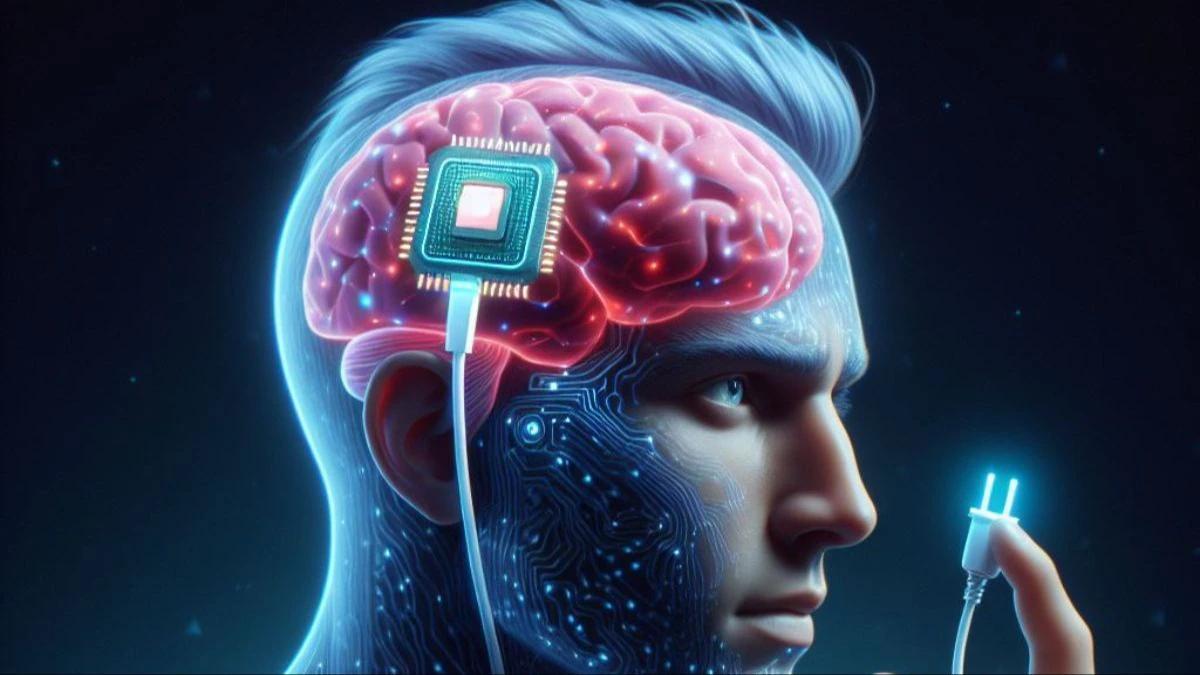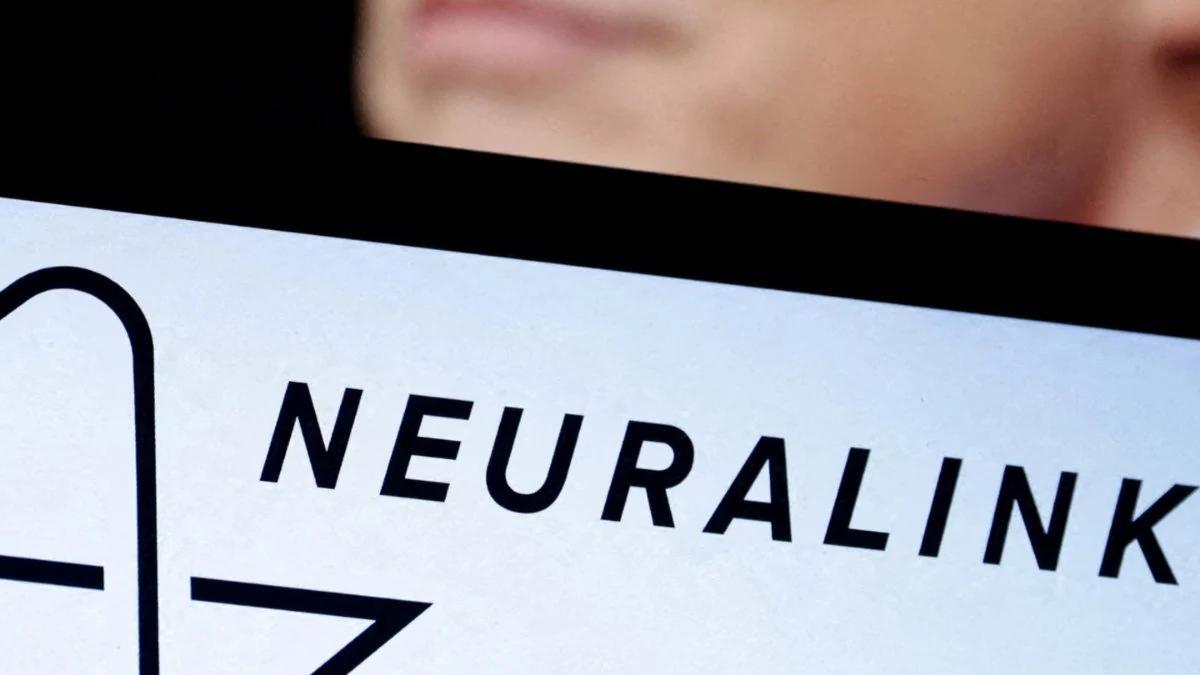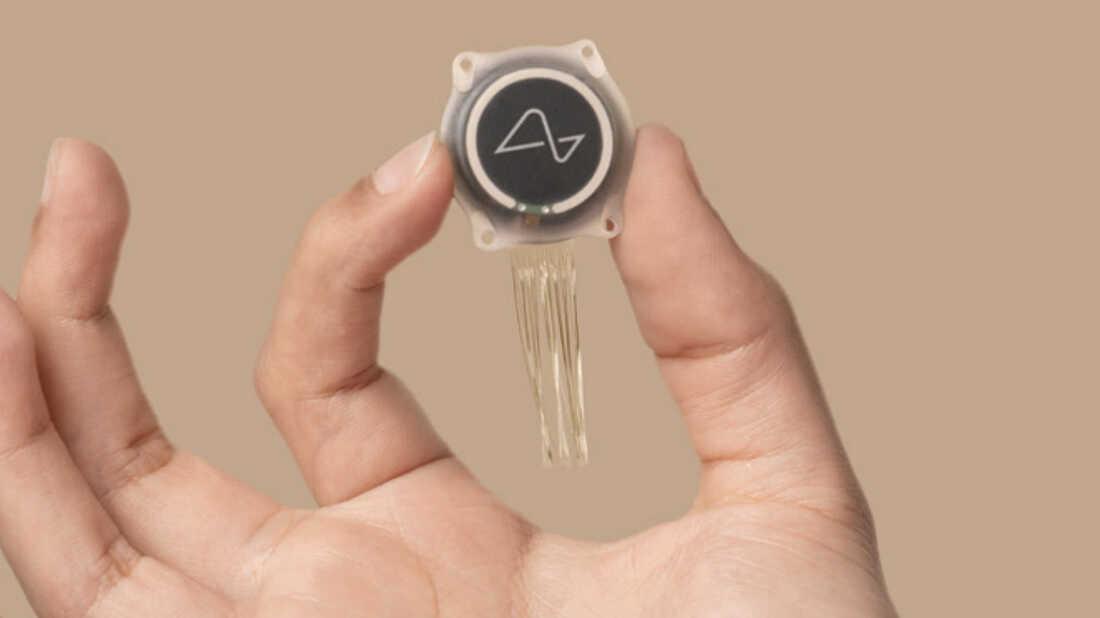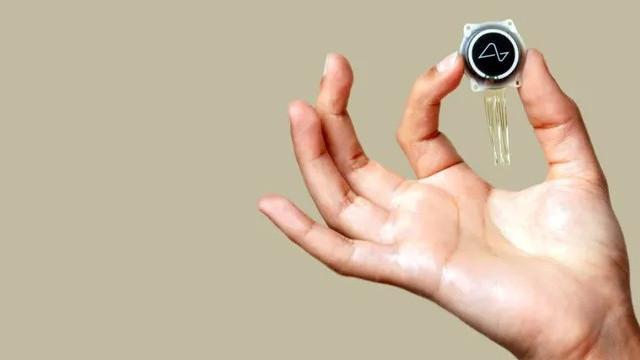Elon Musk announces successful human brain chip implant. The device, named Telepathy, aims to control devices by thought.
Neuralink received FDA approval in May 2023. Will this mark the beginning of human-computer symbiosis?
How Thin Are Neuralink’s Brain Threads?

Neuralink’s chip boasts 64 ultrathin threads. Each thread contains over 1,000 electrodes.
The wires measure 1/14th the diameter of a human hair. Can these microscopic threads revolutionize brain-computer interfaces?
Robot Surgeon: The Future of Brain Implants?

An 8-foot-tall robot performs the delicate implantation. It avoids blood vessels while inserting threads.
Musk aims for fully automated surgeries in the future. Will robots replace human neurosurgeons?
Skull Replacement: A New Kind of Headwear?

The Neuralink device replaces a portion of the skull. It sits behind the ear, with electrodes in the brain.
The battery currently lasts a few hours. How will this impact the daily lives of users?
Animal Testing: Necessary Evil or Ethical Dilemma?

Neuralink has tested on sheep, pigs, and monkeys. A monkey named Pager played games using brain signals.
Animal rights groups have raised concerns. Can technological progress and animal welfare coexist?
Who’s First in Line for the Brain Chip?

Neuralink seeks participants with quadriplegia or ALS. Thousands have applied for the trial.
The company plans to implant 11 people this year. Will these pioneers pave the way for widespread adoption?
Telepathy: Science Fiction Becoming Reality?

Musk envisions users communicating telepathically. The chip could enable mind-controlled gaming.
It aims to help those with neurological disorders. How far are we from true brain-to-brain communication?
Battery Life: A Crucial Challenge?

Current battery life is limited to a few hours. Musk aims to extend it to 12 hours.
A “custom baseball cap” can recharge the device. Will battery technology keep pace with brain interface advances?
Ethical Concerns: Where Do We Draw the Line?

Animal testing has sparked controversy and legal complaints. Neuralink defends its practices as humane and ethical.
The long-term effects on humans remain unknown. How will society navigate the ethics of brain-computer interfaces?
What’s Next for Neuralink and Brain Tech?

Neuralink’s human trials mark a significant milestone. Competitors are also developing similar technologies.
The global brain-computer interface market could reach $3.7 billion by 2027. Are we on the cusp of a neuro-technological revolution?

